All Stories
-

Big questions on how food affects our health
Editor in Chief Nancy Shute explores the science behind major questions on food and health — from the addictive potential of ultraprocessed foods to the high-protein diet craze to the drawbacks of keto.
By Nancy Shute -
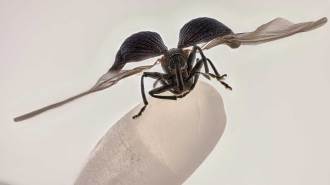 Life
LifeA rice weevil frozen in flight won the 2025 Nikon Small World photo contest
From fluorescent ferns to sprawling neurons, this year’s winning photos reveal the structures and artistry of life seen through a microscope.
By Carly Kay -
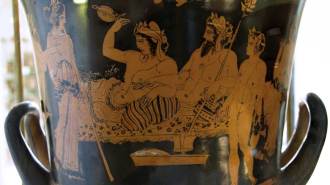 Science & Society
Science & SocietyOur relationship with alcohol is fraught. Ancient customs might inspire a reset
As evidence of alcohol's harms mounts, some people are testing out sobriety. Look to ancient civilizations' ways for a reset, scholars suggest.
By Sujata Gupta -
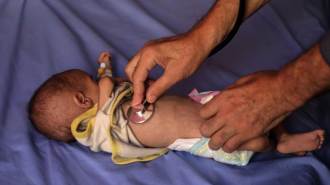 Health & Medicine
Health & MedicineAn estimated 54,600 young children are malnourished in Gaza
A study that screened young children in Gaza for malnutrition found that nearly 16 percent suffered from wasting in August 2025.
-
 Climate
ClimateAs wildfires worsen, science can help communities avoid destruction
Blazes sparked in wild lands are devastating communities worldwide. The only way to protect them, researchers say, is to re-engineer them.
By Nikk Ogasa -
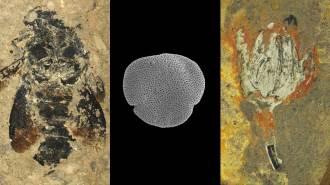 Paleontology
PaleontologyThese ancient bumblebees were found with their pollen source
Insects have long pollinated plants, but evidence of ancient pairing is rare. Fossils now show bees and linden trees goes back 24 million years.
-
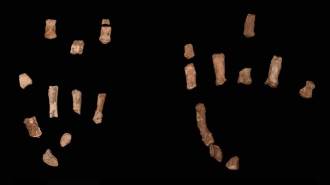 Archaeology
ArchaeologyFossil hand bones point to tool use outside the Homo lineage
The fossil wrist and thumb bones suggest Paranthropus boisei could grasp tools around 1.5 million years ago.
By Bruce Bower -
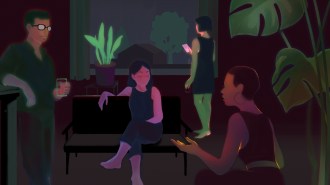 Life
LifeWe all have a (very tiny) glow of light, no movie magic needed
Normal cellular processes in living things — from germinating plants to our own cells — create biophotons, though escaping light isn’t visible to us.
-
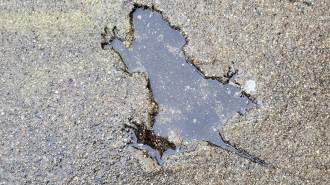 Animals
AnimalsThe viral Chicago ‘Rat Hole’ almost certainly wasn’t made by a rat
Researchers used methods from paleontology to analyze the quirky local landmark, created when a rodent of a certain size fell into wet concrete.
By Amanda Heidt -
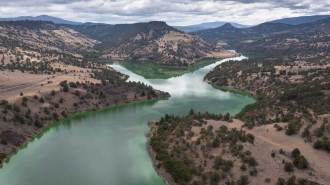 Environment
EnvironmentHow a Yurok family played a key role in the world’s largest dam removal project
In The Water Remembers, Amy Bowers Cordalis shares her family’s account of the Indigenous-led fight to restore the Klamath River in the Pacific Northwest.
By Aina Abell -
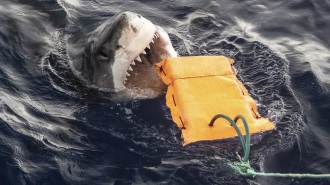 Materials Science
Materials ScienceNew wetsuit designs offer a layer of protection against shark bites
By weaving Kevlar or polyethylene nanofibers into standard neoprene in wetsuits, researchers found ways to limit injury during rare encounters with sharks.
By Carly Kay -
 Climate
ClimateCoral collapse signals Earth’s first climate tipping point
The global die-off of coral reefs signals a critical shift in Earth’s climate system with global environmental consequences along with economic ones.